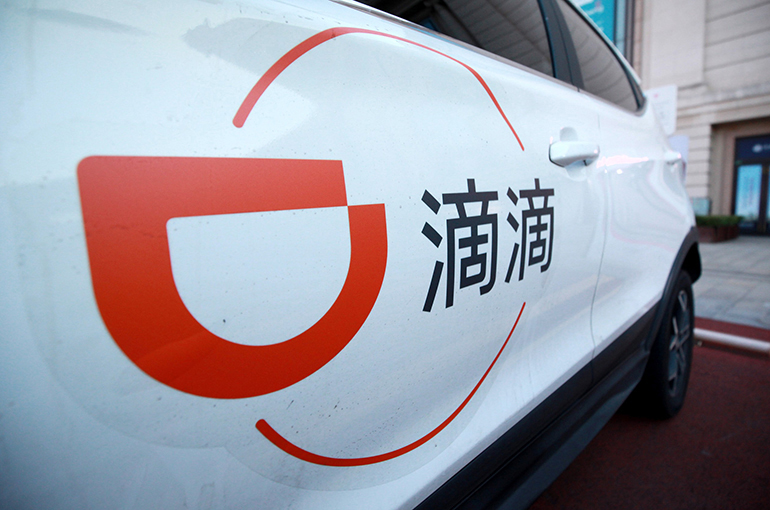 Chinese Ride-Hailer Didi Agrees to Pay USD740 Million to Settle IPO Investor Lawsuit
Chinese Ride-Hailer Didi Agrees to Pay USD740 Million to Settle IPO Investor Lawsuit(Yicai) Aug. 29 -- Didi Global has agreed to pay USD740 million to resolve an investor lawsuit over its US initial public offering four years ago despite denying all claims, the Chinese ride-hailing giant said in a second-quarter financial report released yesterday.
"We and certain of our current and former officers and directors have entered into a binding term sheet to resolve the consolidated putative shareholder class action lawsuit previously disclosed in the company's public filings," Beijing-based Didi said. “Pursuant to the term sheet, we have agreed to pay USD740 million to settle the above-mentioned lawsuit, and all defendants will receive a full release of all claims brought in the lawsuit.”
The settlement, which is still subject to negotiation, execution, and other conditions, does not constitute an admission, Didi said. "We deny any allegations of fault, liability, wrongdoing, or damages," it pointed out. “We entered into the settlement to avoid the cost and disruption to our business development that could arise from further litigation.”
Didi debuted on the New York Stock Exchange on June 30, 2021. On July 2, China’s Cyberspace Administration opened an investigation into the company to prevent national data security risks and safeguard national security. Two days later, the watchdog ordered Chinese app stores to pull Didi's main app because the firm was found to have illegally collected users' personal data. On July 9, all of Didi's 25 apps were removed from app stores.
On July 10, the CAC published for public comment proposed amendments to the country's Cybersecurity Review Measures that would require businesses seeking to list overseas to apply for cybersecurity reviews if they handle data on more than one million users.
"After careful study, Didi will start the process immediately to delist from the New York Stock Exchange and begin preparatory work for a Hong Kong listing," the company announced on Dec. 3.
As a result of this, some shareholders filed a class action lawsuit against Didi, alleging that the firm may have issued seriously misleading business information to investors.
After delisting, Didi focused on its business development, including autonomous driving and international expansion. The company now operates in 14 countries across Latin America, the Asia-Pacific, and Africa. Ride-hailing is Didi's core business overseas, but it is also exploring other local services, such as food delivery.
Didi's 99, a major ride-hailing and mobility platform in Brazil, has more than 55 million users. Its food delivery platform 99 Food, which launched in April, completed one million orders in the first 45 days of operation in Goiânia, capital of the central state of Goiás, and expanded its coverage to São Paulo, Brazil's largest city, on Aug. 12.
Quarterly Loss
A one-time provision to settle the investor lawsuit tipped Didi into a second-quarter loss, the earnings report showed. For the three months ended June 30, the firm reported a loss of CNY2.5 billion (USD348.2 million), compared with a CNY861 million (USD120.8 million) profit a year earlier. Revenue rose 11 percent to CNY56.4 billion (USD7.9 billion).
“Our core business continued to grow in the second quarter, with further improvements in our product offerings and operational efficiency,” said founder and Chief Executive Officer Will Cheng.
Didi's core platform transactions reached 4.46 million in the quarter, a 15 percent year-on-year increase. Some 3.38 million were in China and 1.09 million overseas, up 12 percent and 25 percent, respectively.
Gross transaction value jumped 14 percent to CNY109.6 billion (USD15.4 billion). China GTV rose 12 percent to CNY82.5 billion (USD11.6 billion), while the overseas figure climbed 19 percent to CNY27.1 billion (USD3.8 billion).
"Looking ahead, we remain committed to enhancing our services and efficiency, expanding employment opportunities and strengthening driver protections,” Cheng said. “At the same time, we will actively promote the use of AI and the development of autonomous driving, creating long-term value for our users, drivers, and partners.”
Editor: Futura Costaglione